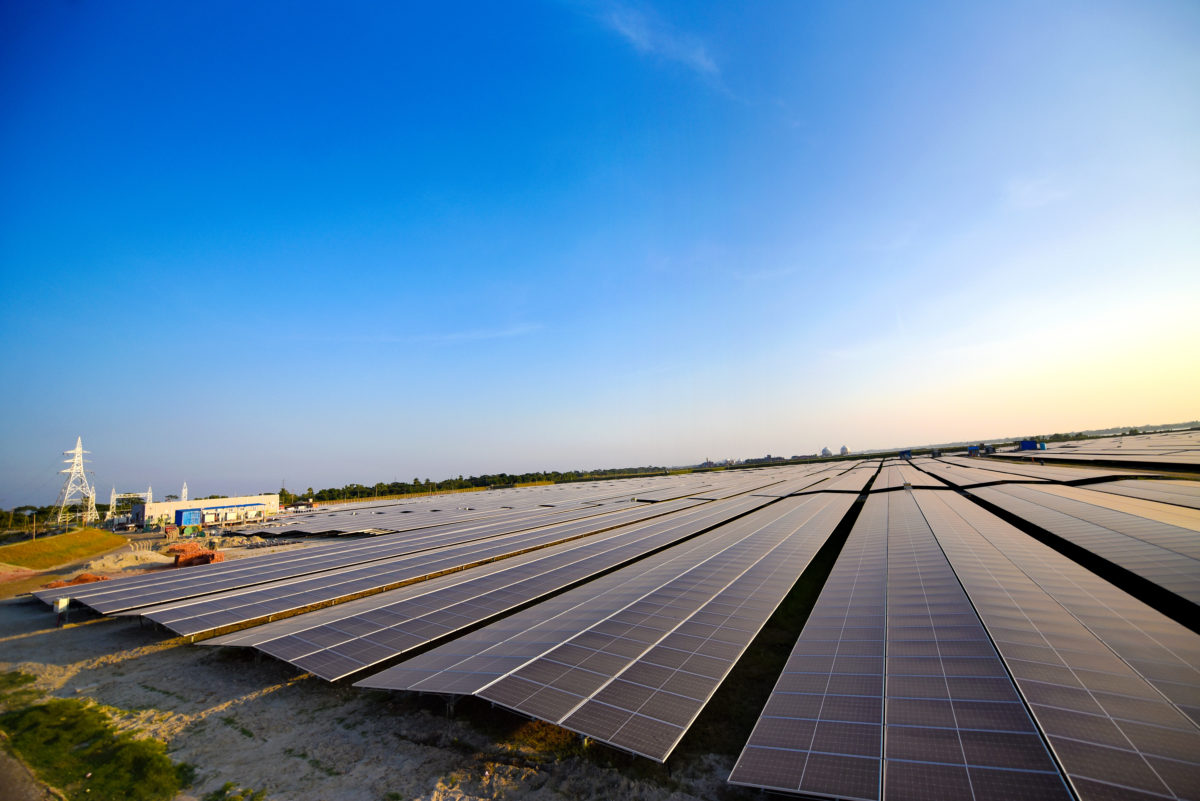Electricity generation has fallen sharply in Bangladesh, leading to planned load shedding. Analysts say the government should have paid more attention to renewable energy to avoid the electricity situation it faces now.
Last week, Bangladesh’s junior power minister, Nasrul Hamid, said the government is now focusing on renewables generation to overcome the current power crisis. He said research is underway on solar, wind, water and waste. The government is also looking at hydrogen fuel and has lowered imports of liquefied natural gas (LNG) due to price increases, he said.
“We have plans to generate 5,000 MW more electricity from renewable sources for which setting up of 32 projects are underway to generate 1,442 MW of power,” said the minister.
He added that a process is now underway to generate 4,632MW of power from renewable energy, via 76 more projects. At present, 910.82 MW of electricity is generated from renewable energy sources in Bangladesh – mainly from solar.
Dipal C Barua, president of the Bangladesh Solar and Renewable Energy Association, said more renewable energy is the only way to overcome the electricity crisis.
“Had the government gave proper attention on renewable energy generation in time, the present shortage of electricity could have been met from there,” he said, noting that 4,000 garment factories in Bangladesh could host rooftop PV arrays.
“The government will have to extend cooperation to renewable energy generation like what has been given to other energy sources to help flourish clan energy production,” said Barua.
This content is protected by copyright and may not be reused. If you want to cooperate with us and would like to reuse some of our content, please contact: editors@pv-magazine.com.



1 comment
By submitting this form you agree to pv magazine using your data for the purposes of publishing your comment.
Your personal data will only be disclosed or otherwise transmitted to third parties for the purposes of spam filtering or if this is necessary for technical maintenance of the website. Any other transfer to third parties will not take place unless this is justified on the basis of applicable data protection regulations or if pv magazine is legally obliged to do so.
You may revoke this consent at any time with effect for the future, in which case your personal data will be deleted immediately. Otherwise, your data will be deleted if pv magazine has processed your request or the purpose of data storage is fulfilled.
Further information on data privacy can be found in our Data Protection Policy.